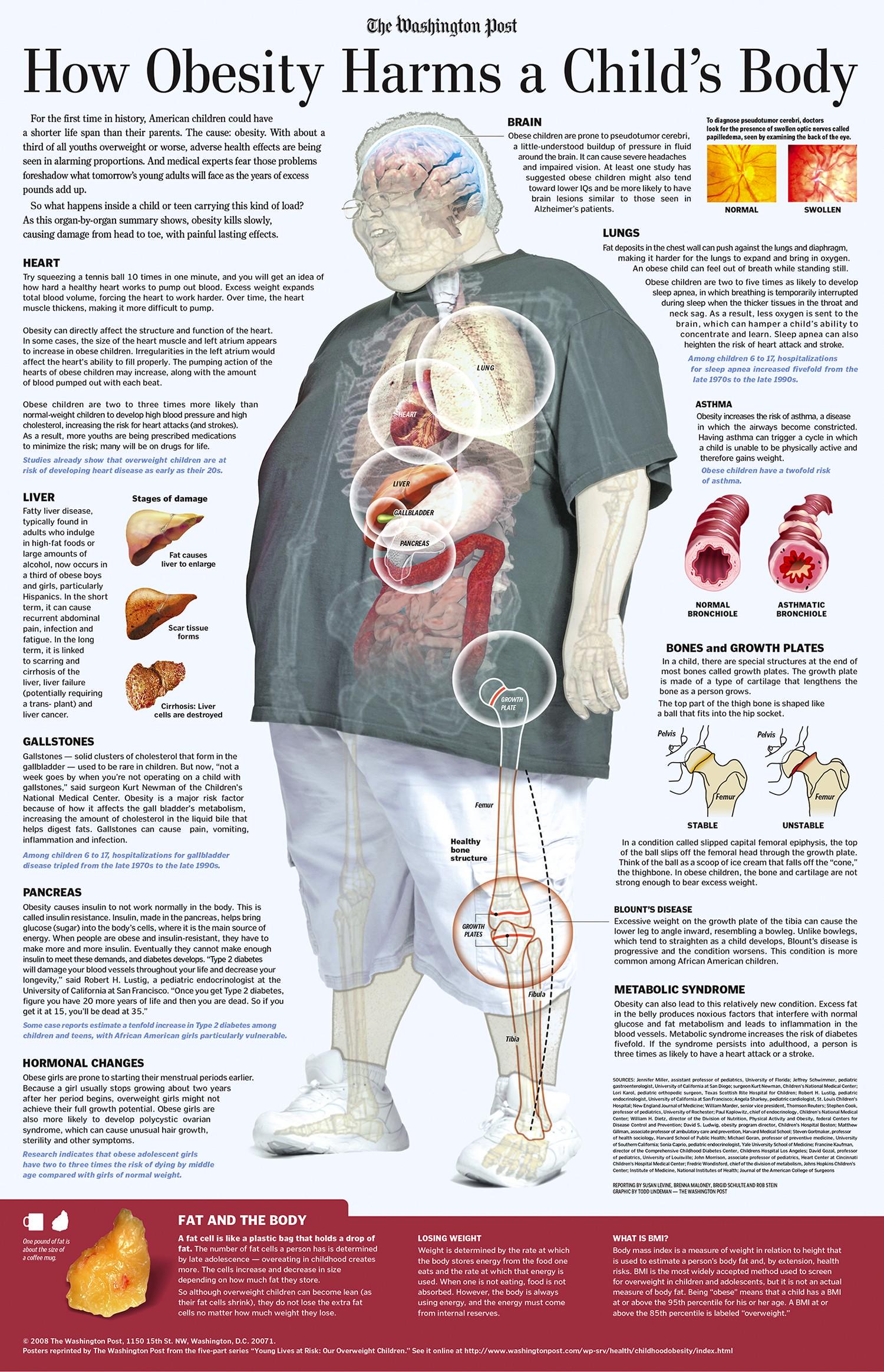Cool Guides
Rules for Posting Guides on Our Community
1. Defining a Guide Guides are comprehensive reference materials, how-tos, or comparison tables. A guide must be well-organized both in content and layout. Information should be easily accessible without unnecessary navigation. Guides can include flowcharts, step-by-step instructions, or visual references that compare different elements side by side.
2. Infographic Guidelines Infographics are permitted if they are educational and informative. They should aim to convey complex information visually and clearly. However, infographics that primarily serve as visual essays without structured guidance will be subject to removal.
3. Grey Area Moderators may use discretion when deciding to remove posts. If in doubt, message us or use downvotes for content you find inappropriate.
4. Source Attribution If you know the original source of a guide, share it in the comments to credit the creators.
5. Diverse Content To keep our community engaging, avoid saturating the feed with similar topics. Excessive posts on a single topic may be moderated to maintain diversity.
6. Verify in Comments Always check the comments for additional insights or corrections. Moderators rely on community expertise for accuracy.
Community Guidelines
-
Direct Image Links Only Only direct links to .png, .jpg, and .jpeg image formats are permitted.
-
Educational Infographics Only Infographics must aim to educate and inform with structured content. Purely narrative or non-informative infographics may be removed.
-
Serious Guides Only Nonserious or comedy-based guides will be removed.
-
No Harmful Content Guides promoting dangerous or harmful activities/materials will be removed. This includes content intended to cause harm to others.
By following these rules, we can maintain a diverse and informative community. If you have any questions or concerns, feel free to reach out to the moderators. Thank you for contributing responsibly!
view the rest of the comments

Adding on to this, I’m type 1 diabetic and was diagnosed when I was very young (type 1 is the one where your immune system just kills off your pancreas, and type 2 is the on most people think where it’s mostly from unhealthy diet and exercise).
Anyways I remember the doctor telling me it’s very important for me to check my blood sugar, of course being young my parents asked the question of what if I go to low or high. The doctor answered with telling us that some girls go into hypoglycemia (dangerously low) to lose weight since your body burns through fat while in hypoglycemic shock [citation needed I was young when I was told this]
You might be misremembering the doctor, or he was being general, because the issue we found with adolescent females (and some males, though I saw less of them) was that they were hiding their shots (not taking them), so that they would by hyperglycemic. Your body is constantly using fat as an energy source simply due to metabolic pathways, but the one that really kicks into overdrive is the ketone production when there is not a good source of carbohydrates, because certain areas of the body (the brain is the big one) do not use protein catabolism for energy production and rely on either glucose or ketones to feed into the kreb cycle.
Smart kids either made the connection in their high school bio classes or heard the information passed along at the doctor's office, and there was a large wave of DKA hospitalizations that happened due to avoiding the shots of insulin.
Ah
Yeah like I said it was a very long time ago so thanks for the correction